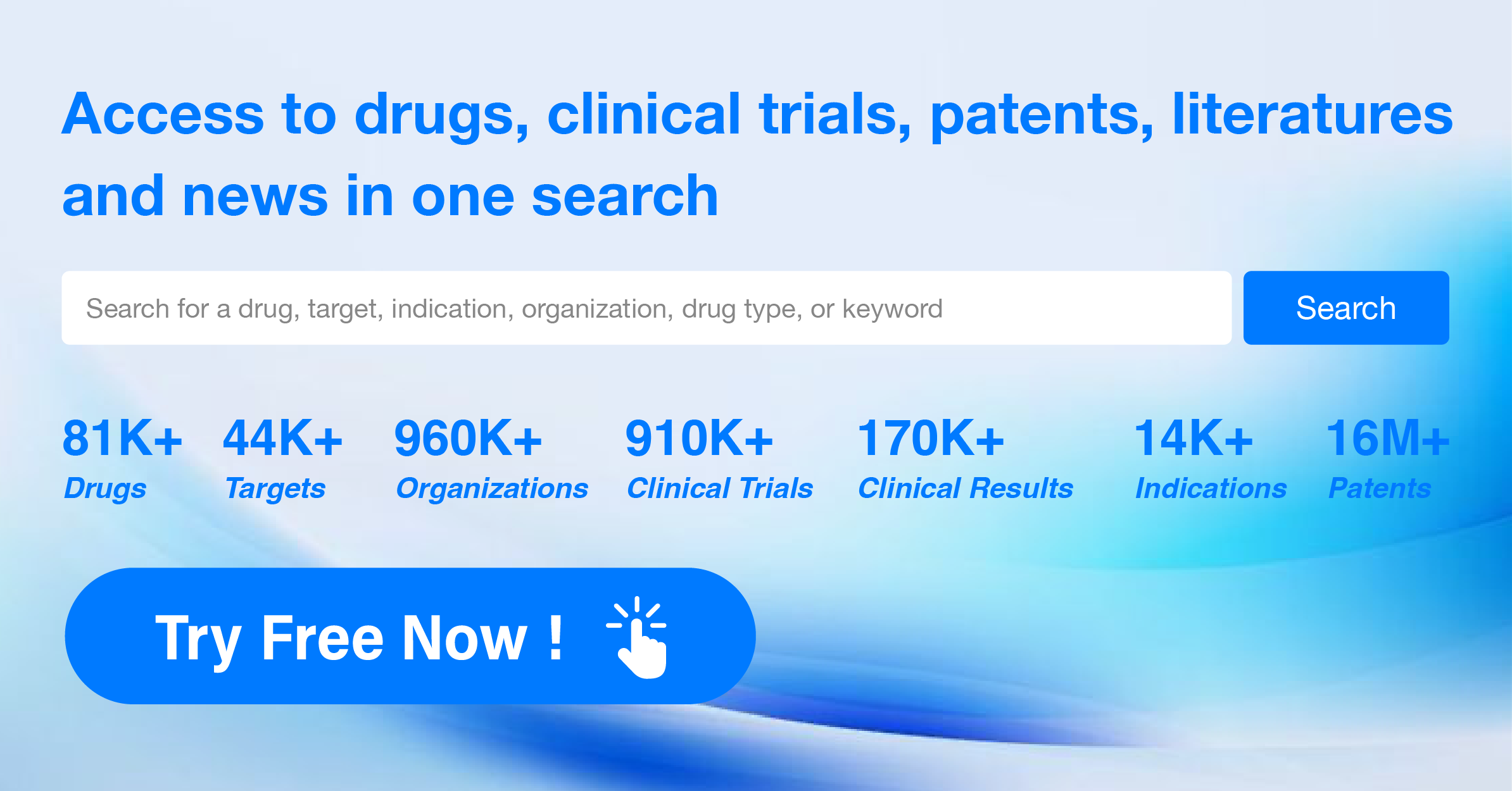What is the difference between IIT clinical trials and other clinical trials?
The main differences between IIT (Investigator Initiated Trial) clinical trials and other types of clinical trials lie in aspects such as the initiator, purpose, funding source, and regulatory requirements. Here are some of the differences between IITs and other clinical trials:
·Initiator:
IIT: Typically initiated by clinicians or medical researchers who have a need to improve existing treatments or wish to explore new treatment options. Other Clinical Trials: May be initiated by pharmaceutical companies, biotechnology firms, or Contract Research Organizations (CROs), primarily aimed at obtaining market authorization for new drugs.
Purpose:
IIT: May aim to investigate new indications for a drug, compare the pros and cons of different treatments, study therapeutic methods for rare diseases, or optimize current therapies. Other Clinical Trials: Typically designed to meet the requirements for drug registration and demonstrate the safety and efficacy of new drugs.
Funding Source:
IIT: May be funded by researchers through research grants, government funding, philanthropic bodies, or sponsorships from pharmaceutical companies. Other Clinical Trials: Usually funded by pharmaceutical companies or other commercial entities.
Regulatory Requirements:
IIT: In some countries and regions, the regulatory requirements for IITs may be relatively relaxed and may not require an Investigational New Drug (IND) application to be submitted to the drug regulatory authorities. Other Clinical Trials: Typically need to strictly comply with the drug regulatory authorities' IND requirements and other relevant regulations.
Approval Process:
IIT: The approval process may be more streamlined, focusing on ethical review and the evaluation of scientific rationale. Other Clinical Trials: The approval process may be more stringent and detailed, including aspects such as clinical trial design, patient safety, data collection, and analysis methods.
Data Usage:
IIT: Data generated are usually used for academic purposes and may not be directly used for drug registration. Other Clinical Trials: Data are used to support drug registration applications to facilitate market access for new drugs.
Research Design:
IIT: May be more flexible, with a research design that is closer to clinical practice. Other Clinical Trials: Design may be more rigorous to ensure the generation of scientific evidence to support drug registration.
Ethical Review:
IIT: Requires ethical review by an ethics committee to ensure the ethical and scientific validity of the research. Other Clinical Trials: Also require ethical review, with possibly stricter review standards.
Protection of Patient Rights:
IIT: Like all clinical trials, it is necessary to ensure that patient rights are protected, including informed consent. Other Clinical Trials: Also have the same requirements.
The key differences between IIT and other clinical trials lie in their purposes, initiators, and sources of funding. IITs more often reflect clinical needs and the interests of researchers, while other clinical trials are more closely aligned with commercial goals and drug development.




